In today's newsletter: The secret deliberations in Vatican City to select the next pope could shape the direction of the church for generations to come
Good morning. At 10am yesterday, the cardinals of the Catholic church gathered for mass in St Peter's Basilica in Vatican City. In the afternoon, the 133 who are eligible electors went to the Sistine Chapel, handed over their smartphones and swore an oath of secrecy, perhaps knowing that signal jammers will block any communication with the outside world in any case. A few hours later, they took the first vote on choosing the successor to Pope Francis. We know because at 9pm, two hours later than expected, the black smoke went up - which also means their deliberations continue.
A process famous for its arcane trappings is also a thoroughly modern electoral battle. But that description, and the hilarious fact that the movie Conclave has helped shape our cultural understanding of what happens next, omits the fact that it is also a matter of the utmost spiritual seriousness to those taking part, who hope that the Holy Spirit will guide them collectively to make the best choice for the church and its more than a billion members.
In depth: Gossiping cardinals, tactical voting - and a search for the Holy Spirit
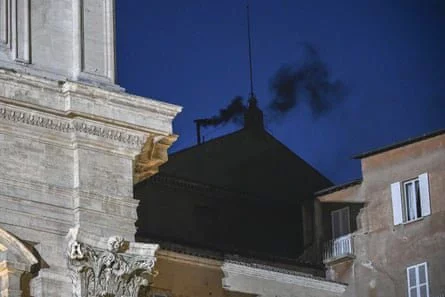
For a process famed for its secrecy, there's an incredible amount of information flying around about the papal conclave. In 2005, the Italian magazine Limes published a diary by an anonymous cardinal describing the election of Benedict XVI (then Joseph Ratzinger), which noted a Portuguese elector's enthusiasm for after-dinner cigars; Robert Harris, the author of the novel on which Conclave is based, had the help of the recollections of the late archbishop of Westminster, Cormac Murphy-O'Connor, who liked the book so much he wanted to give a copy to Pope Francis. (History sadly doesn't record if he got it, or had any thoughts on the ending.)
As Harriet Sherwood reports here, the conclave draws Aperol-glugging tourists and nuns with smartphones to stare at the chimney from St Peter's Square. But at its heart, the conclave remains a genuinely secluded affair. "For all that we know about previous conclaves, there's a decorum and dignity to the process that befits its sacredness," Anna Rowlands said. Still, there's a lot of intrigue as well.
Why are the cardinals so media-friendly?
One of the most striking aspects of the buildup to the conclave was the number of chatty cardinals making appearances in news stories.
This New York Times piece, for example, quotes four of them by name, including some thoroughly catty observations about the influx of new blood from the German conservative Gerhard Müller. This piece by Angela Giuffrida paints an entertaining portrait of red-capped clerics fleeing from hordes of journalists, and others making calculated anonymous interventions to spread rumours about the candidates they dislike.
Of course, that was all before the conclave got underway; at the general congregation that precedes it, the imperatives are different. "We're had more of a glimpse into the internal conversation than we might have expected," Rowlands said.
While that may have partly been driven by a wish to shape the broader discourse around the papacy, the ultimate audience for those comments was the conclave itself. "What's in the public domain is still an intervention in their own conversation," Rowlands said. "It's a sign of the lack of settledness on one or two candidates above any others."
What are the biggest issues in the decision?
The selection of the next pope is obviously always vastly consequential, but it may be an even bigger deal than usual this time: the church is deeply divided over the future of Francis's focus on "synodality", which can be roughly defined as a drive for more lay people to be involved in decision-making.
"A lot of time has been spent during the general congregation on church governance, and what should happen to Francis's synodal reforms," Rowlands said: "Whether they should be actively pursued, resisted, or the middle camp that thinks there should be some degree of synodality, but that it should be moderated."
Some want the papacy to return to Italy after a 47-year gap; previously, it was held by an Italian for 450 years straight. Against that tradition is the argument the church must look to its growing numbers in Asia and Africa to provide its leader for the first time.
As well-worn debates over issues like divorce, married priests, and the church's stance on same-sex relationships attest, there is also the question over what kind of moral leadership the church should provide.
"They spent a huge amount of time in the general congregation talking about how you evangelise the world and mediate peace in an increasingly polarised society," Rowlands said. More conservative thinkers argue the church needs to take a clear doctrinal line "and repeat it in a culture that is very lost", she said; more progressive voices agree with Francis that "the way to reach people is to walk together with people through the complexities of their lives".
What does the composition of the conclave tell us?
The sheer number of new cardinals appointed by Francis - who make up 80% of the conclave - has made the contest very difficult to predict. Many are from countries that have never provided a cardinal before; and there are a lot more from Asia and Africa, at the expense of Europe. "There is a huge diversity of perspective," Rowlands said. "We don't get a direct insight into exactly how that complex geographic mix plays out."
In this piece, former Vatican communications official Ariel Beramendi points to progressive and conservative factions, as well as a more moderate current of opinion. But it is hard to know how the priorities of members of each group will change once the process gets under way, Rowlands said.
"There will be no more digesting what's happening with their staff or other people they might have been speaking to. And there is a concentrated pressure on the process from wanting to reach a good decision in two or three days. Seeing the minds of the other cardinals through the early voting is crucial: they may think they're behind one person and by the next vote be seeing it very differently."
Are there any clear frontrunners?
Notwithstanding the aphorism that "he who enters the conclave as pope, leaves as a cardinal", there are certainly a few names that have emerged from the general congregation as having significant support - among them Francis's secretary of state, Pietro Parolin; Luis Antonio Tagle, a progressive from the Philippines; and Pierbattista Pizzaballa, the Italian patriarch of Jerusalem. They, and a number of others, are detailed in this piece by Harriet Sherwood and Sam Jones.
There is also a sense that there is an appetite for an older pope. As one bishop told Beramendi: "We need a new holy father, not an eternal father." That might count against Pizzaballa, who is 60. "We know that there is a group who would like Parolin to be pope," Rowlands said. "But in general it is a very fluid and changeable picture."
It's a mug's game trying to predict, even if the bookies are expecting a rush of bets. And, Rowlands said, whoever gets the job may not be predictable. "The office makes the man as much as the man makes the office. Everyone will reach for Google when the name is announced, but that doesn't necessarily tell you what kind of pope they will be."
She points to the example of John XXIII, who came in looking like a caretaker pope with little charisma and ended up calling the second Vatican council, which produced the most significant set of reforms to church doctrine and practice in the 20th century.
"Francis was arguably transformed by becoming pope too," she added. "He wasn't always seen as a charismatic or forceful figure as bishop of Buenos Aires, but he ended up with the conviction and urgency of a man in a hurry."
Are there limits to seeing it as a political horse-race?
Even if the progressive and conservative labels have some value, the right-left divides that we are used to in the secular world don't perfectly map onto the issues at stake in the church, Rowlands said.
"It can be very difficult to place these things accurately in a secular register. There is a long tradition of people who are radical on some social and economic issues in a way that would look left-leaning to a secular audience, who are very pro-migrant and critical of capitalism, but who are then morally conservative in other ways, on issues like sexuality."
"The secular world is very used to a different kind of political contest," she added. "But really, the cardinals shouldn't be going into this process with the names of individuals in mind. They aren't just choosing a successor to Pope Francis: they're choosing a new successor to Saint Peter. So the process is supposed to be about coming to a common mind on what that means, and then a name should emerge at the end, inspired by the Holy Spirit."


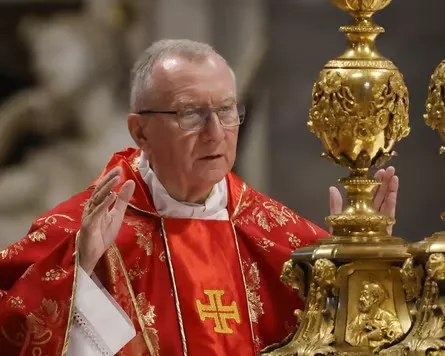
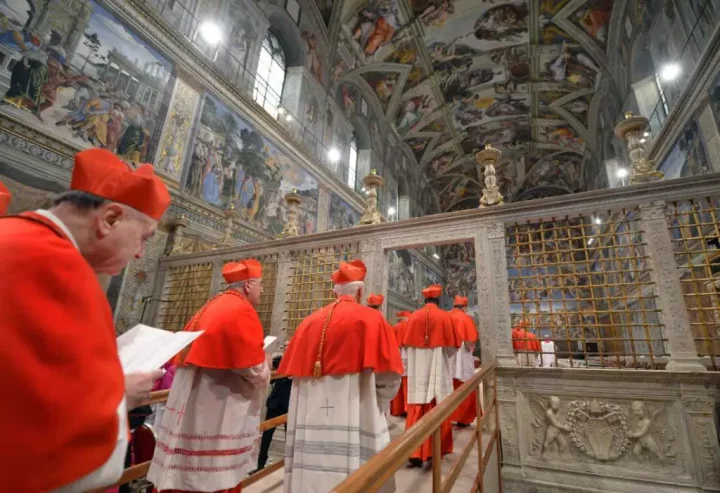
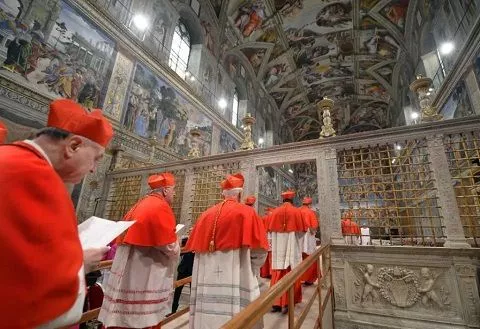
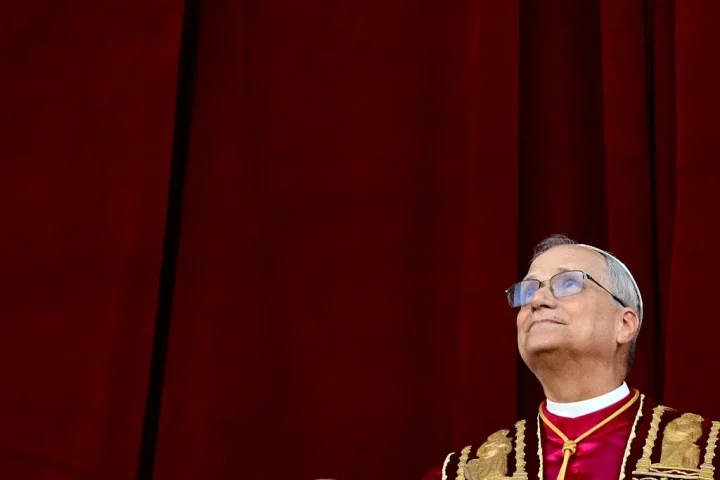
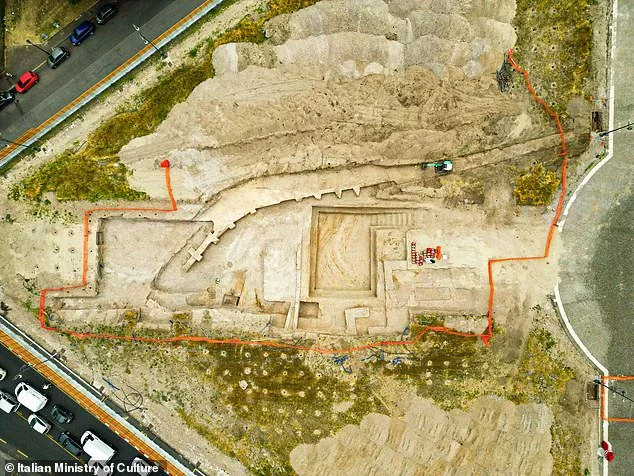

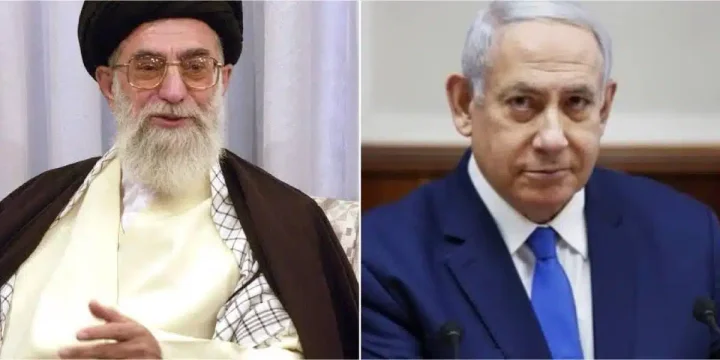
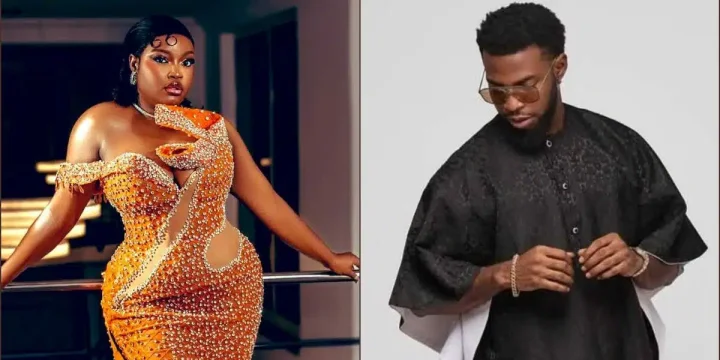
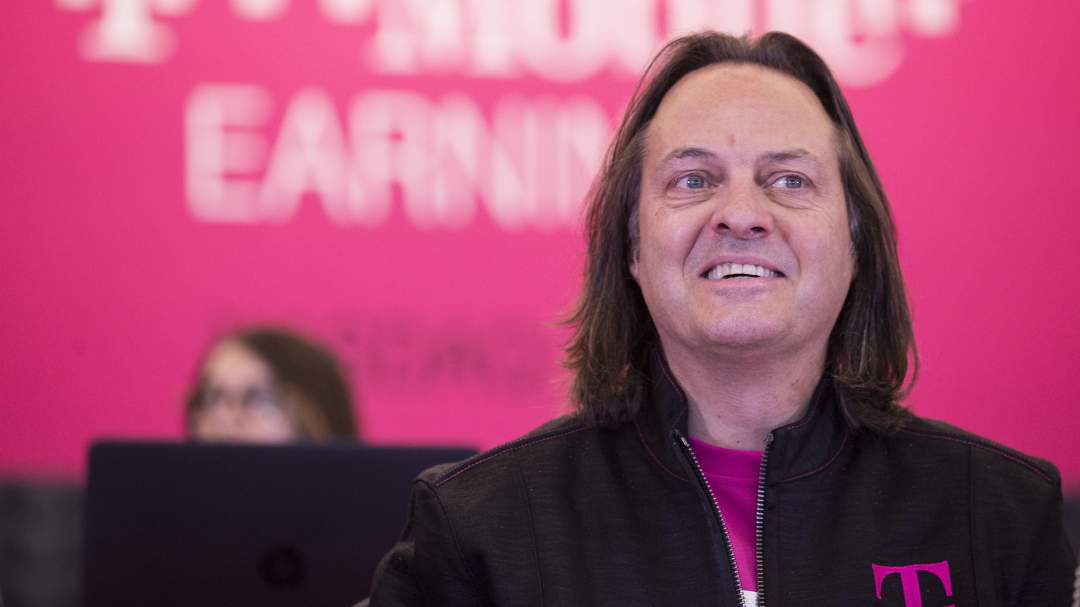
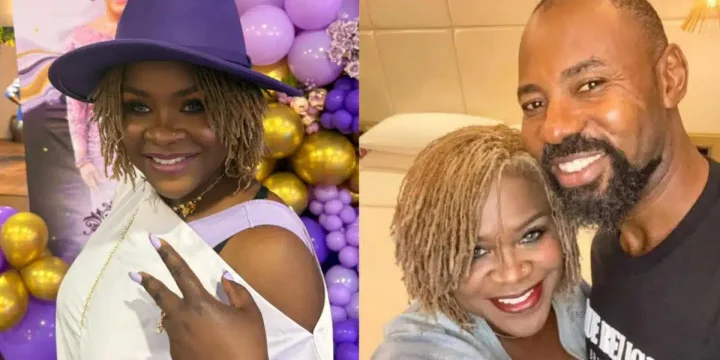

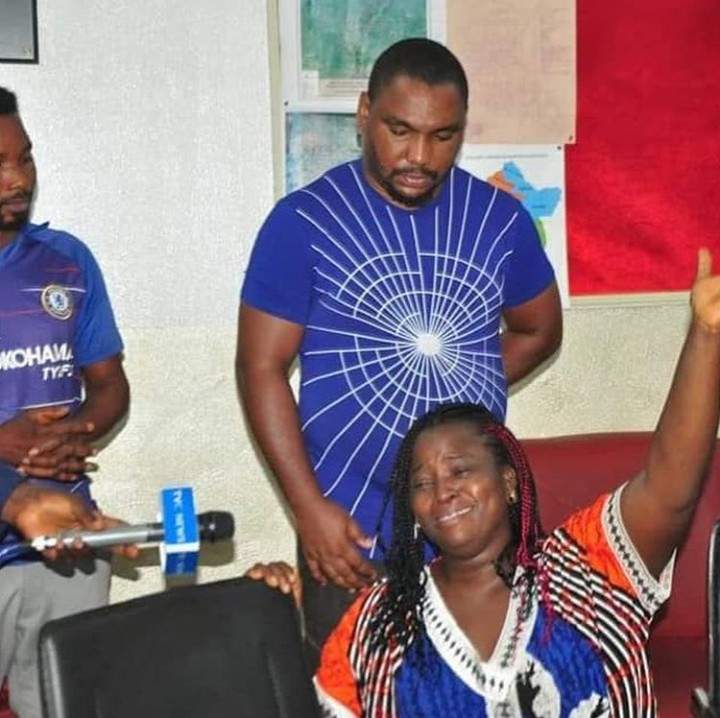
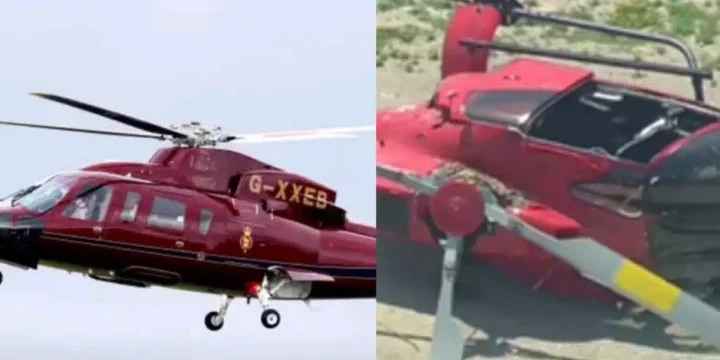


Comments